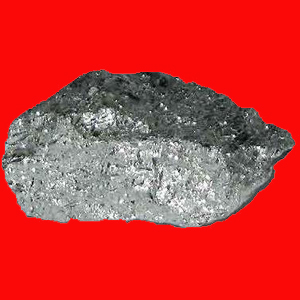[ferro-alloys.com]The global ferrous scrap outlook has been clouded by trade tensions involving Turkey, the world's largest importer of steel scrap.
However, when you put all politics, tariffs and currency valuations aside and look at the current pricing environment of steelmaking raw materials, steel scrap is a relative bargain.
The recent plunge in Turkish imported scrap prices, coupled with the resiliency of iron ore prices, has sent the ratio between ferrous scrap and iron ore prices to its lowest point in half a year.
While iron ore has climbed in the last few months due to mill restocking and rising steel mill margins, ferrous scrap -- largely driven by Turkish imports -- has fallen to steadily lower levels, with HMS 1/2 (80:20) falling below $300/mt CFR Turkey last week for the first time this year.
The scrap-iron ratio, which measures the relative competitiveness between HMS 80:20 on a CFR Turkey basis and 62% iron ore on a CFR North China basis, stands at 4.46, after having dipped to a year-to-date low of 4.37 at the end of last week.
Earlier this year, ferrous scrap was said to be overpriced versus iron ore, according to industry sources. Between March and July, the ratio largely ranged between 5.00 and 5.80.
Higher scrap prices earlier this year have also partially contributed to the increase in Turkish imports of semi-finished products like billet and slab, which have taken the role as more competitive inputs for steel production than scrap.
The increased competitiveness of slab and billet was at least partially due to the relatively cheaper price of iron ore used in their production.
Imports of semi-finished steel into Turkey rose 42% to 3.03 million mt in the first half of 2018 from 2.14 million mt in the same period a year earlier, while domestic slab production rose 6.4% and billet output increased by 2.5% over the same period.
While some of the growth was due to higher steel output growth in general, imports of ferrous scrap have only grown by 15.8%, suggesting that some replacement from scrap to billet has taken place.
Following the latest plunge in the scrap-iron ore ratio, Black Sea billet prices relative to Turkish rebar have been around 4% above their 60-day implied value, according to the Platts Turkey ARC Steel Tracker, leaving scrap with some regained competitiveness as a steelmaking input.
Since the beginning of the year, Black Sea billet prices have fallen 8.7% and slab has gained 1.8%, while import scrap prices have dropped 19.7%.
With a scrap-iron ore ratio at the current level, this could be a sufficient incentive for Turkish steelmakers to reduce their imports of semi-finished products in the medium term and increase their demand for ferrous scrap instead.
- [Editor:王可]



 Save
Save Print
Print Daily News
Daily News Research
Research Magazine
Magazine Company Database
Company Database Customized Database
Customized Database Conferences
Conferences Advertisement
Advertisement Trade
Trade











 Online inquiry
Online inquiry Contact
Contact


Tell Us What You Think